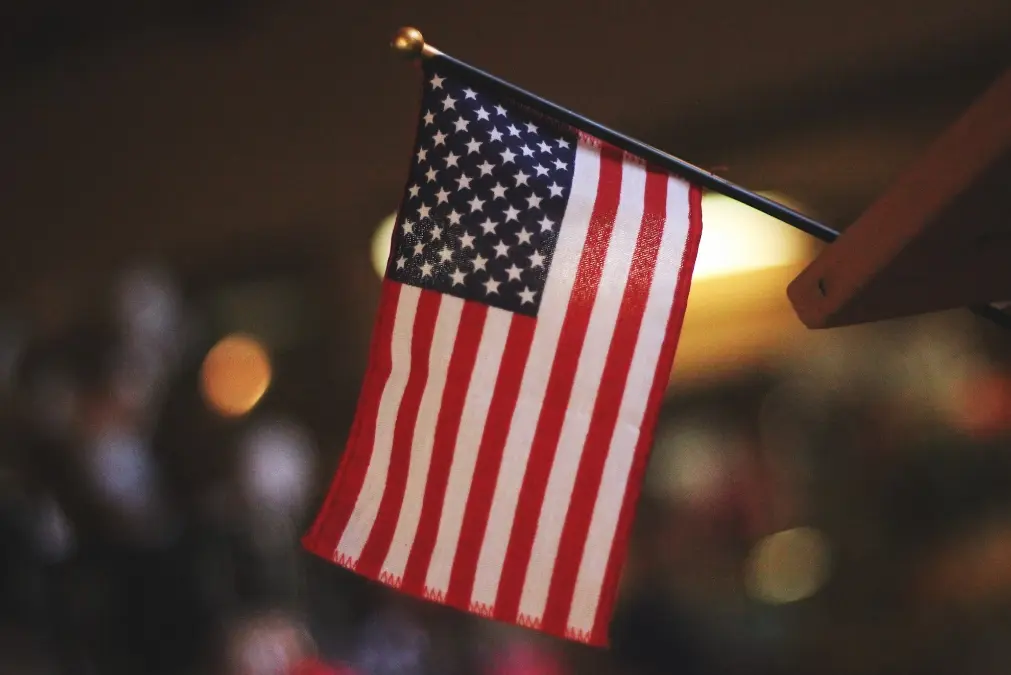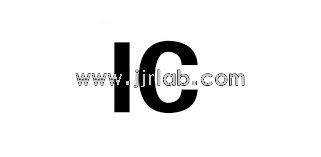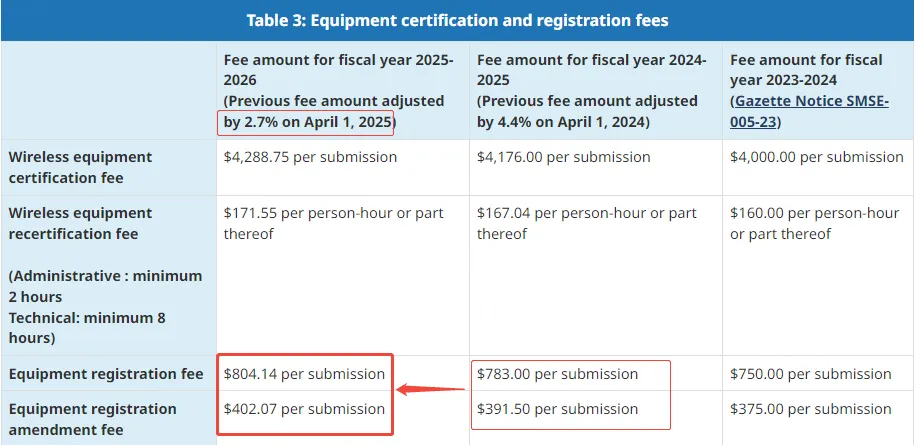
Certifications for Exporting Small Appliances to the U.S.
With the acceleration of globalization, the small appliance market is thriving, prompting many manufacturers to seek to export their products to the U.S. market. However, entering the U.S. market is not easy, as small appliances must meet a series of certification requirements. This article will focus on the certifications requiRED for exporting small appliances to the U.S., helping manufacturers better understand and comply with U.S. regULatory requirements.
fcc Certification
FCC certification is a mandatory certification in the United States, with the full name being Federal Communications Commission. It requires that all powered products, including small appliances, must pass FCC certification before being exported to the U.S. Manufacturers or import/export merchants need to ensure that their products undergo necessary testing in FCC-recognized laboratories to comply with relevant technical standards. Products must pass laboratory testing for FCC registration (FCC Listing) and obtain a testing report. Manufacturers must then compile technical documentation, including product detail photos, circuit diagrams, block diagrams, and user manuals, and submit these along with the testing report to an FCC-accredited certification body for approval. If the product has no wireless functionality, an FCC-sdoc report is issued; if it has wireless functionality, an FCC-ID certificate is issued.
Note: To obtain FCC certification, the manufacturer must provide U.S. agent information, as products cannot be uploaded to e-commerce platforms without it.
UL certification
UL certification is a non-mandatory certification but is highly recognized by the public. UL (Underwriters Laboratories) is an independent, non-profit product safety certification organization, covering many fields, including small appliances. UL certification primarily focuses on the safety of products and materials. Manufacturers must submit product samples to UL for testing and evaluation. If the product meets UL standards, it will receive the UL certification mark, indicating compliance with relevant safety requirements.
etl certification
ETL is one of the most dynaMIC safety certification marks in North America, with a history tracing back to 1896 when Thomas Edison established the Electrical Testing laboratory. The ETL mark is widely recognized in North America and is the exclusive mark of Intertek, a world-leading quality and safety organization. Products bearing the ETL mark meet North America's mandatory standards, allowing them to enter the North American market smoothly.
The scope of ETL certification is broad, including household appliances, lighting fixtures, power tools, electronic components, and other electrical products. Manufacturers need to apply to ETL and provide necessary technical documents and samples. If the product passes testing and evaluation, ETL will issue a certification certificate proving that the product meets relevant safety standards and regulations. Manufacturers must regularly track and maintain their product's certification status to ensure ongoing compliance with relevant standards and regulations.
U.S. DOE Energy Efficiency Certification
The U.S. DOE energy efficiency certification, officially known as the Department of Energy certification, is based on the regulations outlined in the Code of Federal Regulations, mandating energy efficiency certification for all external power supply products entering the U.S. market. Its primary goal is to improve the efficiency of electronic and electrical products, conserve energy, and reduce energy waste, thus achieving lower energy consumption demands and mitigating the greenhouse effect.
The DOE certification requires all external power supply products entering the U.S. market to meet specific energy efficiency levels and mandates compliance with these efficiency standards. Power supply products that pass DOE certification will receive energy efficiency rating labels indicating their efficiency levels, power, voltage, and other information to help consumers identify and purchase compliant power supply products. Furthermore, DOE certification requires manufacturers and brand owners to submit relevant declaration documents to the DOE, including energy efficiency reports and compliance statements, to demonstrate their products meet energy efficiency rating requirements.
Other Certifications
In addition to FCC and UL certifications, small appliances exported to the U.S. may also need to meet other certification requirements, depending on the type and use of the product. For instance, if the product involves food contact, FDA (Food and Drug Administration) certification may be required; if the product falls under children's toys or recreational consumer products, CPSC (Consumer Product Safety Commission) certification may be necessary.
Certification Process
The certification process for exporting small appliances to the U.S. typically includes the following steps:
6.1. Certification Consultation: Manufacturers need to consult with certification bodies to understand the certification requirements and process for their products.
6.2. Sample Preparation and Testing: Manufacturers must prepare product samples and submit them to certification bodies for testing and evaluation.
6.3. Submission of Technical Documentation: Manufacturers need to organize product technical documentation, including circuit diagrams, user manuals, etc., and submit these to certification bodies.
6.4. Review and Approval: Certification bodies will review and evaluate the product samples and technical documentation. If the product meets relevant requirements, a certificate will be issued, authorizing the use of the certification mark.
Exporting small appliances to the U.S. requires meeting a series of certification requirements, with FCC certification and UL certification being the most critical. Manufacturers need to understand and comply with these certification requirements to ensure their products can enter the U.S. market smoothly. Additionally, manufacturers should also be aware of other possible certification requirements to ensure their products meet relevant regulations and standards. By following the correct certification process and requirements, manufacturers can successfully export small appliance products to the U.S. market and gain greater business opportunities.
Email:hello@jjrlab.com
Write your message here and send it to us
 How Does a Product Get an Energy Star Label
How Does a Product Get an Energy Star Label
 Is ROHS part of UL the same
Is ROHS part of UL the same
 What is Protection Class EN 60529?
What is Protection Class EN 60529?
 IP69 Certified Protection
IP69 Certified Protection
 California Energy Commission Testing Lab
California Energy Commission Testing Lab
 What Does the Canadian IC Mark Mean?
What Does the Canadian IC Mark Mean?
 How Much is the Canada IC ID Certification cost?
How Much is the Canada IC ID Certification cost?
 How Much is the Canada IC ID Certification Fee?
How Much is the Canada IC ID Certification Fee?
Leave us a message
24-hour online customer service at any time to respond, so that you worry!




